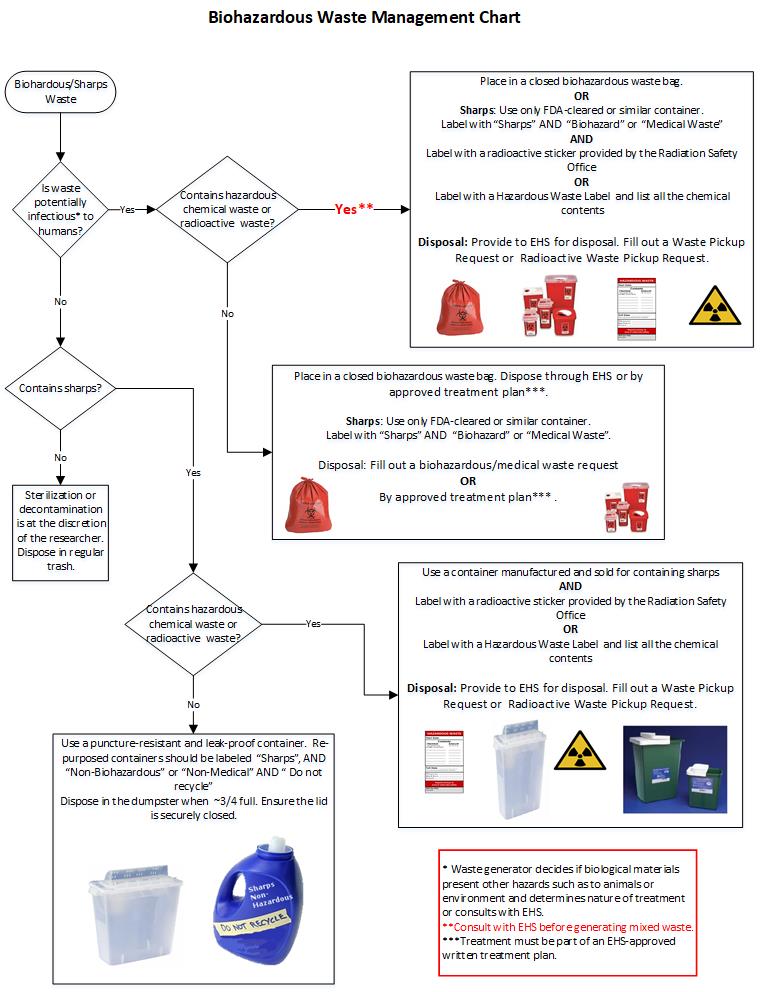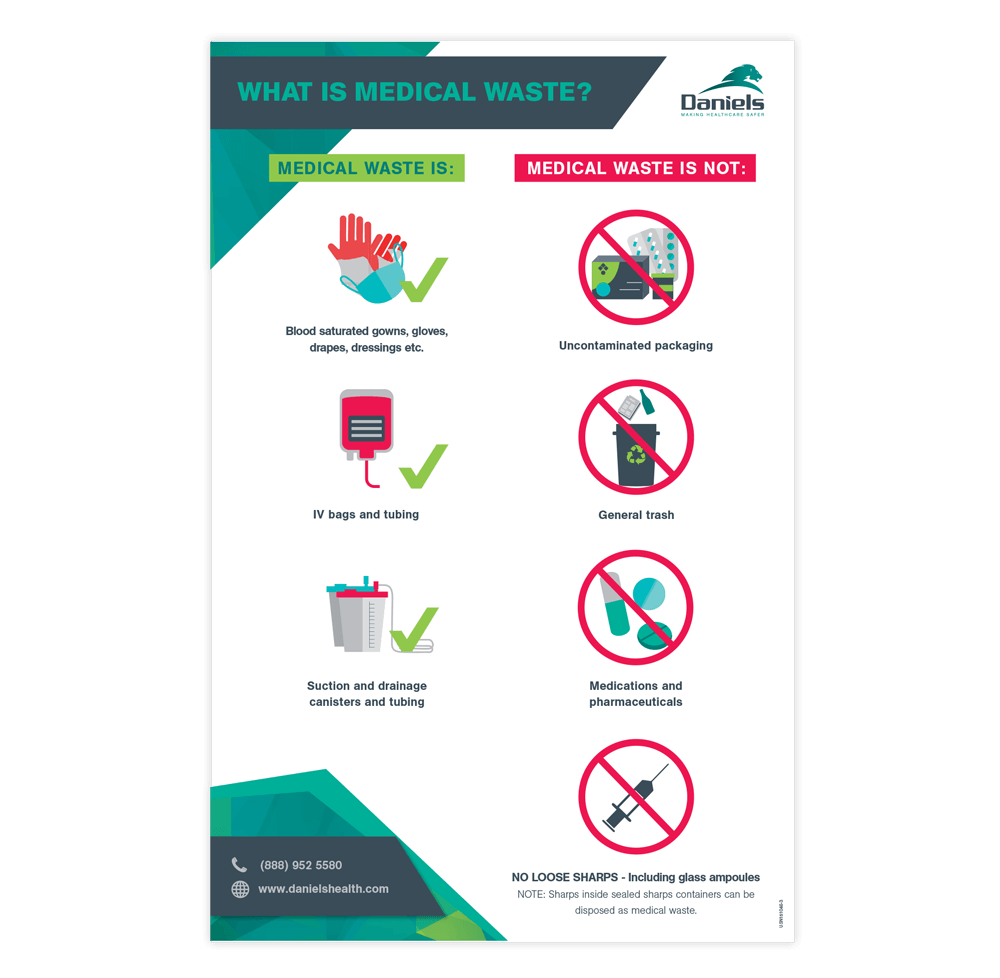Liable Solutions: Understanding Medical Waste Disposal Provider
In the realm of medical care, the appropriate disposal of clinical waste is a critical aspect that requires careful factor to consider. The relevance of handling medical waste properly surpasses mere compliance with laws; it directly affects public wellness and environmental safety and security. As healthcare centers create numerous sorts of waste that call for specific handling, understanding the nuances of clinical garbage disposal solutions is critical. By checking out the intricacies of this vital procedure, we can shed light on the best methods, advantages of specialist solutions, and sustainable options offered.
Importance of Proper Medical Waste Disposal
Appropriate clinical waste disposal is important in preserving a secure and hygienic atmosphere within medical care centers. In health care setups, different types of waste are created daily, including infectious materials, sharps, ran out medicines, and chemical materials.

Kinds Of Clinical Waste
Within medical care centers, a diverse selection of waste products classified as medical waste is created, each needing particular handling and disposal methods. Pathological waste, which includes cells, body organs, and body components, requires appropriate disposal to value the dignity of the deceased and avoid any kind of biohazards. Recognizing the numerous types of medical waste is vital for health care centers to implement efficient waste monitoring approaches and protect public health and the setting.
Regulations and Compliance
Medical care facilities must comply with rigid guidelines pertaining to the handling and disposal of clinical waste to ensure compliance with lawful demands and safeguard public health. These policies are put in location to avoid the spread of infections, shield the atmosphere, and preserve the safety of healthcare employees and the basic public. Different regulative bodies, such as the Environmental Defense Agency (EPA), the Occupational Security and Health Administration (OSHA), and the Department of Transportation (DOT), have certain standards that medical care facilities need to follow.
To adhere to these guidelines, healthcare facilities must properly set apart, store, transport, and throw away different sorts of medical waste. This consists of sharps waste, contagious waste, contaminated materials, and pharmaceutical waste, each requiring certain dealing with treatments. Facilities needs to likewise maintain exact documents of waste generation and disposal to demonstrate conformity throughout evaluations.
Non-compliance with clinical waste guidelines can result in severe fines, penalties, and damage to the facility's credibility. It is essential for healthcare facilities to remain informed concerning the most recent policies and carry out durable conformity actions to safeguard public health and wellness and the atmosphere.
Benefits of Specialist Disposal Providers
Involving specialist clinical waste disposal services provides healthcare centers a effective and trusted remedy for managing unsafe products. By outsourcing this crucial task to professionals, health care centers can ensure compliance with laws while concentrating on giving top quality treatment to individuals. Among the crucial benefits of professional disposal services is the experience they bring to the table. These services utilize experienced professionals that are well-versed in taking care of different sorts of clinical waste, guaranteeing correct partition, transportation, packaging, and disposal.
Moreover, expert disposal services make use of advanced tools and follow sector best additional reading methods to minimize ecological impact and minimize the threat of contamination. This not only promotes a safer work environment for medical care staff but likewise contributes to total public wellness and safety. Additionally, contracting out medical waste disposal can bring about cost savings in the future by removing the need for in-house administration and disposal systems.
Lasting Practices in Health Care

One secret lasting technique in health care is waste decrease. By applying methods to reduce unneeded packaging, single-use products, and total waste generation, healthcare centers can dramatically reduce the quantity of waste sent to garbage dumps or incineration. Furthermore, recycling programs for materials like plastic, glass, and paper can additionally minimize the environmental effect of healthcare operations.

Conclusion
To conclude, proper clinical waste disposal is crucial in preserving a risk-free and healthy environment for both healthcare employees and the basic public. Understanding the different kinds of clinical waste, adhering to guidelines and compliance requirements, and making use of professional disposal solutions are essential steps in liable waste administration. By adopting sustainable techniques in health care centers, we can lower ecological effect and make hop over to these guys sure the well-being of all individuals entailed in the healthcare market.
As healthcare centers generate numerous kinds of waste that require customized handling, comprehending the subtleties of medical waste disposal services is critical.Within health care centers, a varied variety of waste products classified as clinical waste is generated, each requiring details handling and disposal methods. Understanding the numerous types of medical waste is vital for medical care facilities to implement reliable waste administration strategies and shield public wellness and the setting.
By carrying out strategies to minimize unneeded product packaging, single-use items, and general waste generation, healthcare facilities can significantly reduce the amount of waste sent out to garbage dumps or incineration. Recognizing the various kinds of clinical waste, complying with guidelines and compliance criteria, and making use of specialist disposal services are important steps in liable waste management.